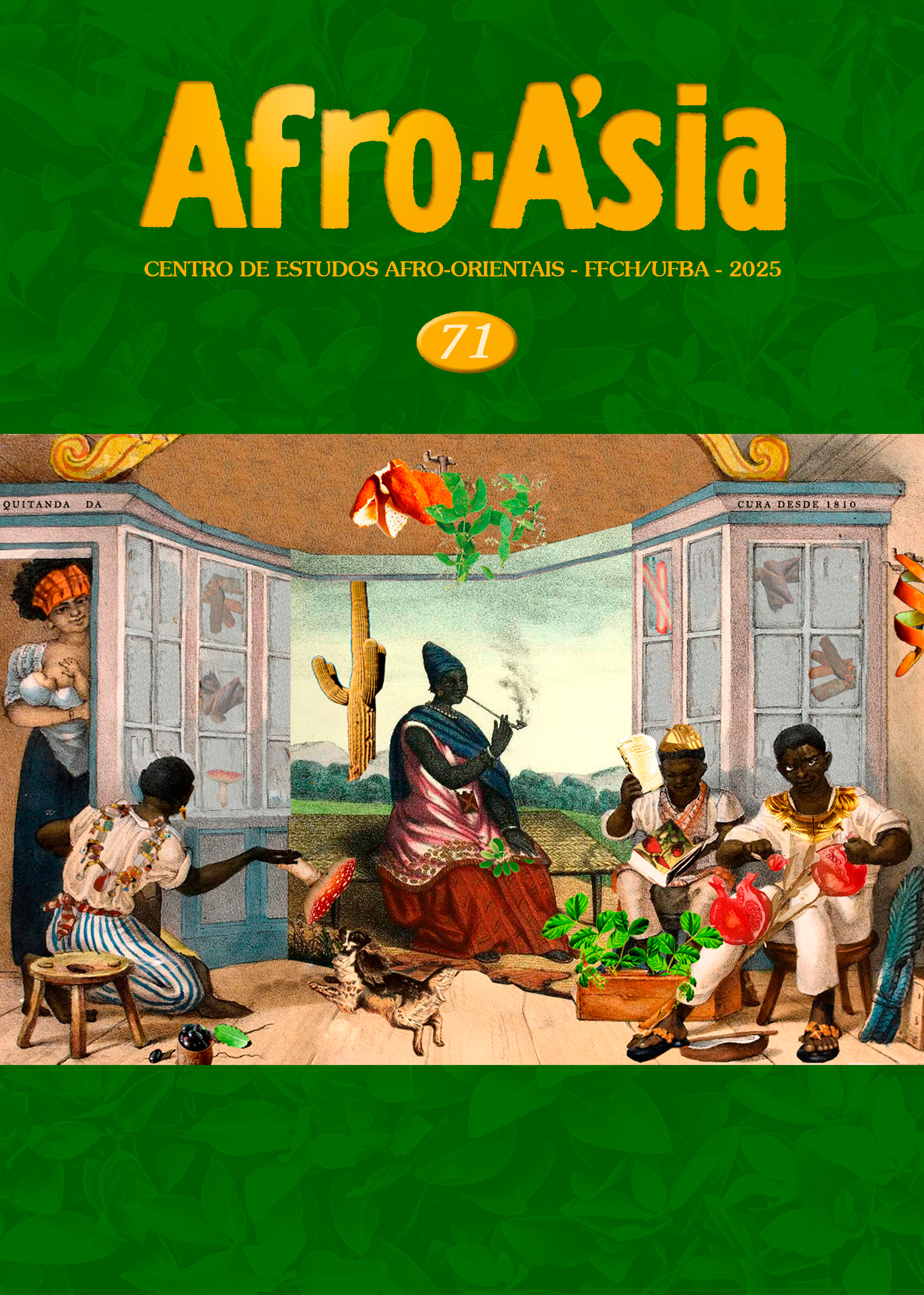The “Cry of Revolt That Went Around the World”
The House of the Students of the Empire (CEI) and the Anti-Colonial Critique of Lusotropicalism in the Mensagem Bulletin
DOI:
https://doi.org/10.9771/aa.v0i71.59040Keywords:
Salazarism, Lusotropicalism, Anticolonialism, Afrodiasporic ThoughtAbstract
The Salazar dictatorship used its colonial empire as one of the bases of nationalism. However, after the end of World War II, and pressure for people’s sovereignty, Salazar needed to use instruments that legitimized the organization and integrity of the overseas territory. In this way, Gilberto Freyre’s lusotropicalism was an important tool to corroborate the discourse of civilizational singularity. However, the daily practice of repression, deprivation and segregation that was imposed in the colonies, promoted discourses and practices opposed to the Lusotropical theory, organized by native intellectuals from territories subordinate to Portugal. Thus, through the legislation of the Salazar dictatorship and publications by Angolan, Mozambican and Cape Verdean intellectuals, in different styles (prose, poetry, manifestos), it is proposed to analyze this space of tension between the rhetoric that corroborated the official discourse and the repressive and violent practices witnessed in the colonies.
Downloads
Downloads
Published
How to Cite
Issue
Section
License
Copyright (c) 2025 Leonara Lacerda Delfino

This work is licensed under a Creative Commons Attribution 4.0 International License.
You are entitled to freely share, adapt and use the work herein published for any legitimate purpose as long as authorship and the original source are acknowledged.




